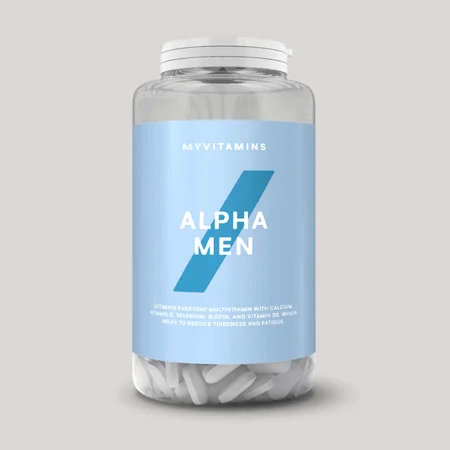Essential Minerals to Support Your Health and Performance
An active lifestyle asks a lot of your body. These mineral supplements are formulated to provide the essential nutrients you need to function at your best. Whether you want to support your immune system, reduce tiredness and fatigue, or maintain normal bones, this collection of convenient tablets and capsules helps you fill nutritional gaps and achieve your goals. Each product is made with high-quality ingredients, giving you the support required to meet the demands of intense training and a busy schedule. Give your body the foundation it needs to thrive.
Fine-Tune Your Nutrition
- Targeted Formulas: Discover blends of essential vitamins and minerals designed to support specific areas, such as your immune function and energy metabolism.
- Support for Your Training: Fuel your body with key nutrients that help reduce tiredness and fatigue, making these supplements the perfect partner for your training plan.
- Convenient Daily Support: The simple, easy-to-take tablets and capsules fit straight into your daily routine, ensuring you never miss out on vital nutrition.
What Are Mineral Supplements?
Minerals are essential nutrients your body needs to function correctly and maintain overall health. They play a critical role in thousands of bodily processes, from maintaining normal bones and teeth to converting food into energy. While a balanced diet is the best source of these nutrients, mineral supplements can help bridge any nutritional gaps-especially for those with active lifestyles or specific dietary needs. This range includes key minerals like calcium, zinc, selenium, and magnesium, each chosen for its role in supporting your wellness journey.
Fuel Your Fitness Goals
Getting the right balance of minerals is important for anyone serious about fitness. Nutrients like zinc and selenium support the normal function of the immune system, which can be placed under stress during intense physical activity. Meanwhile, calcium helps maintain normal bones, providing the structural foundation needed for every workout. Many of the formulas also include B vitamins, which support normal energy-yielding metabolism. By incorporating a high-quality mineral supplement, you can ensure your body is supported with key nutrients.
Explore the collection to find the ideal mineral supplement to support your progress and your wellness goals.
